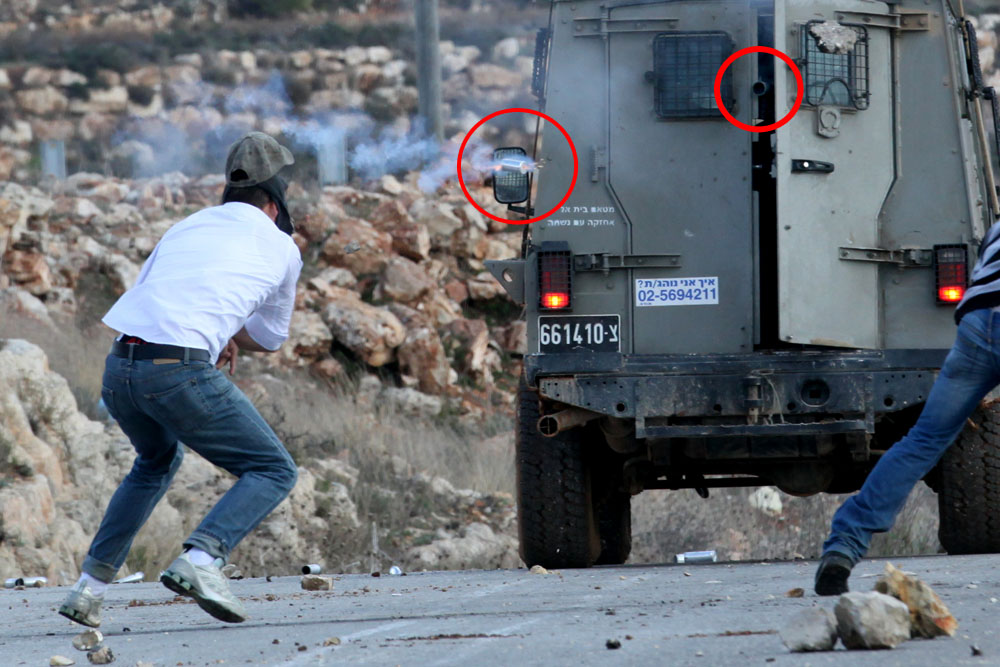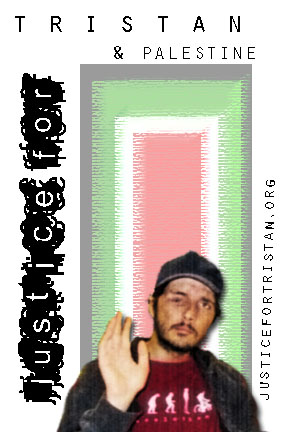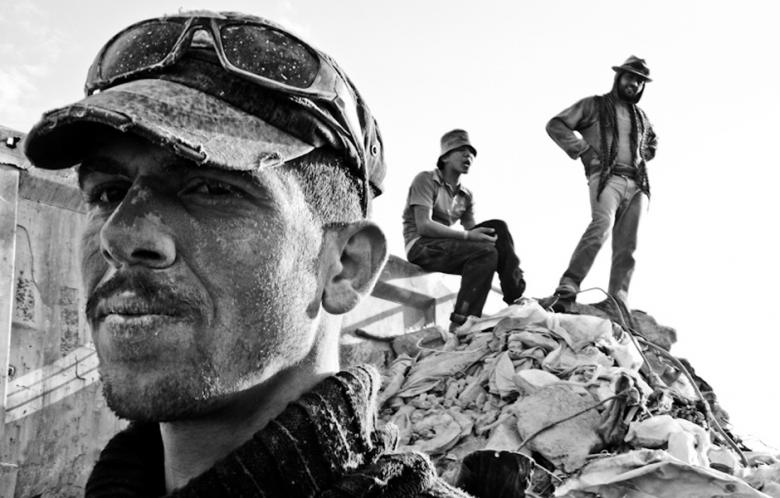Category: In the Media
-

Palestinian protester severely injured in Nabi Saleh
by Jonathan Pollack 9 December 2011 | Popular Struggle Coordination Committee Mustafa Tamimi, a 28 year old resident of Nabi Saleh, was shot in the face today, during the weekly protest in the village of Nabi Saleh. He sustained a severe injury to his head, under his right eye, and was evacuated to the Belinson…
-

Tristan Anderson civil suit delayed as new evidence emerges
by Charlotte Silver 3 Demember 2011 | The Electronic Intifada “If he had been a Palestinian, he would have gone to the Ramallah hospital and died,” Gabby Silverman said firmly. Silverman was close enough to Tristan Anderson that she didn’t even have to shout for him to hear her when he was shot in the head…
-

Gaza: Rebuilding from rubble
by Ruqaya Izzidien 29 November 2011 | Al Akhbar English Despite Israel’s blockade on building materials entering the Gaza Strip, local entrepreneurs have come up with a way to turn destruction into reconstruction by recycling rubble into construction material. The bedroom of Nasser Abu Said features two-meter holes punched by Israeli rockets and his front…
